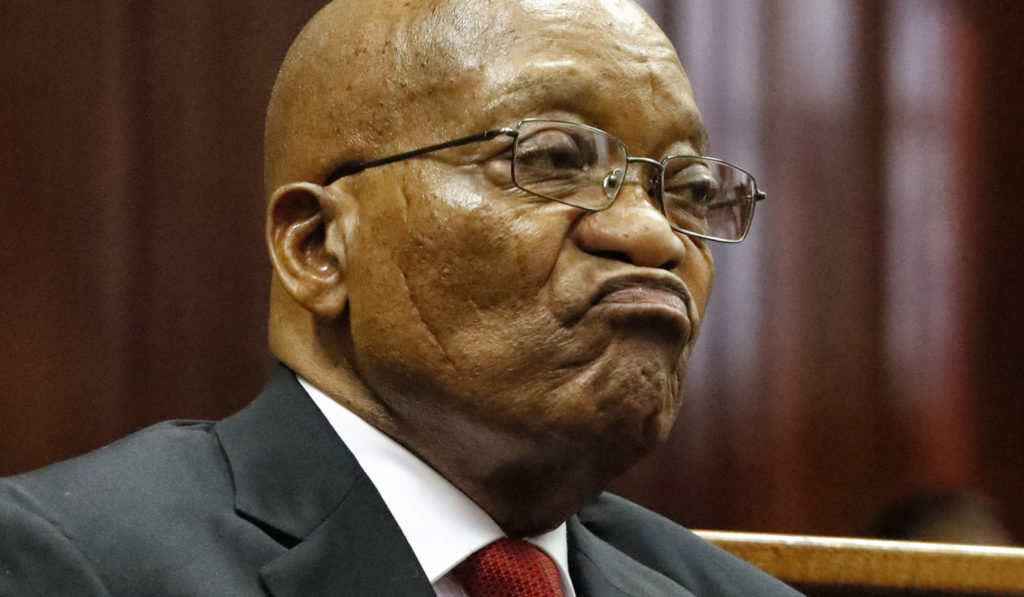Zuma disqualification ruffles MK feathers

MK leader & former SA President Jacob Zuma
In the bustling corridors of South Africa’s highest court, a landmark decision echoed through the chambers: Jacob Zuma, the country’s former president, was barred from running for parliament. This ruling sent ripples across the nation, stirring a mix of outcry and support among the public.
The Courtroom Drama
The constitutional court’s gavel fell, sealing the fate of Zuma’s political aspirations. Despite his fervent campaign and the launch of his party’s manifesto, the court found his previous criminal conviction an insurmountable barrier to his candidacy1.
Zuma’s supporters, clad in the colors of the uMkhonto weSizwe (MK), filled the courtroom, their expressions a canvas of hope and despair.
Public Sentiment
Outside the courthouse, the public’s reaction was a cacophony of voices. Some hailed the decision as a triumph of justice, while others decried it as a targeted attack on a political figurehead.
Zuma’s Response
Zuma, undeterred, addressed his followers, claiming the judges were swayed by personal biases rather than law3. His words, impassioned and defiant, hinted at a deeper turmoil within the country’s legal and political landscape.
The Political Aftermath
The disqualification has left the MK party at a crossroads, with subdued reactions hinting at internal discord and uncertainty about their future strategies4. Meanwhile, President Cyril Ramaphosa urged respect for the rule of law, emphasizing the finality of the constitutional court’s decisions5.
A Nation Divided
As South Africa grapples with this pivotal moment, the nation stands divided. The court’s ruling is not just about one man’s eligibility; it’s a reflection of the country’s ongoing struggle with corruption, governance, and the rule of law. The story of Jacob Zuma’s disqualification is far from over; it’s a chapter in South Africa’s history that will continue to influence its political narrative for years to come.






